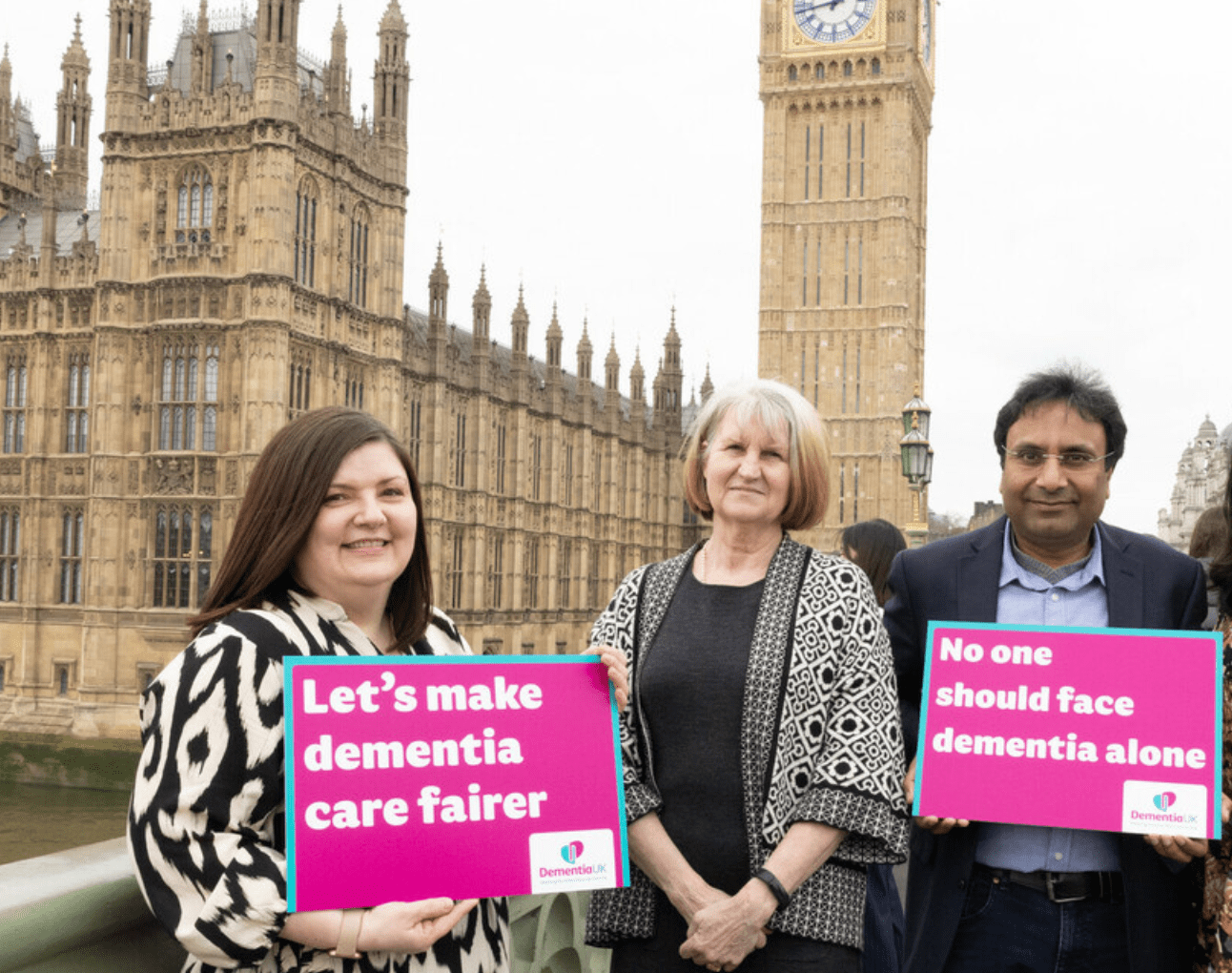
How we can support you
Whether you have a question that needs an immediate answer or need emotional support when life feels overwhelming, these are the ways our dementia specialist Admiral Nurses can support you.
Find out what the new integrated care systems are and what they mean for health and social care and support for families affected by dementia.
You may have heard about the new integrated care systems in England – but what are they, and what might they mean for health and social care and support for families affected by dementia?
Integrated care systems (ICSs) are new partnerships between the NHS, local authorities and other partners such as charities, who will work together to plan and deliver joined-up health and care services for the local population.
The aim is for services such as hospitals, community services, physical and mental health teams and social care teams to work more collaboratively, improving the health and wellbeing of the local population. This includes funding and delivering services that meet local need and tackling inequalities in people’s access to and experiences of health and social care.
On 1st July 2022, 42 ICSs in England were established in law after the Government passed the Health and Care Act in April 2022.
Families affected by dementia often need to access both health and social care services – for example, their GP, hospital and Social Services. Many people with dementia also live with multiple other health conditions, each requiring support from a different service at the same time.
ICSs should:
One aim of ICSs is to involve communities and people with lived experience in decision-making. There should be the opportunity for people with dementia and their families to shape local dementia strategies and have a say in what services are needed.
Right now, it’s too early to draw conclusions about how individual ICSs will work, what they’ll provide and how effective they will be.
Integrating health and social care to better meet the needs of local people is a huge and complex task, especially as over-stretched and under-resourced services are still dealing with backlogs from the pandemic.
It will require a shift from simply responding to demand to planning and delivering care and support that meets the needs of the population.
We believe true integration can only be achieved through meaningful ongoing engagement with local partners and communities.
We know that historically and currently, at both national and local levels, dementia care has been a low priority. Dementia UK and our specialist Admiral Nurses will be working with ICSs to deliver better integrated dementia care.
We are calling on the Government to make sure the forthcoming 10-year plan for dementia provides enough detail to guide ICS decision-makers in ensuring the needs of all people affected by dementia are met.
Our dementia specialist Admiral Nurses work within ICSs in settings including GP practices, community care and hospitals. They have a vital role in supporting families with complex needs and sharing best practice in dementia care with other health and care professionals.
We are committed to increasing the number of Admiral Nurses, not just across all ICSs in England but also throughout the UK, so that no one has to face dementia alone.

Whether you have a question that needs an immediate answer or need emotional support when life feels overwhelming, these are the ways our dementia specialist Admiral Nurses can support you.

We’re campaigning for better care so that everyone affected by dementia gets the specialist support they deserve.